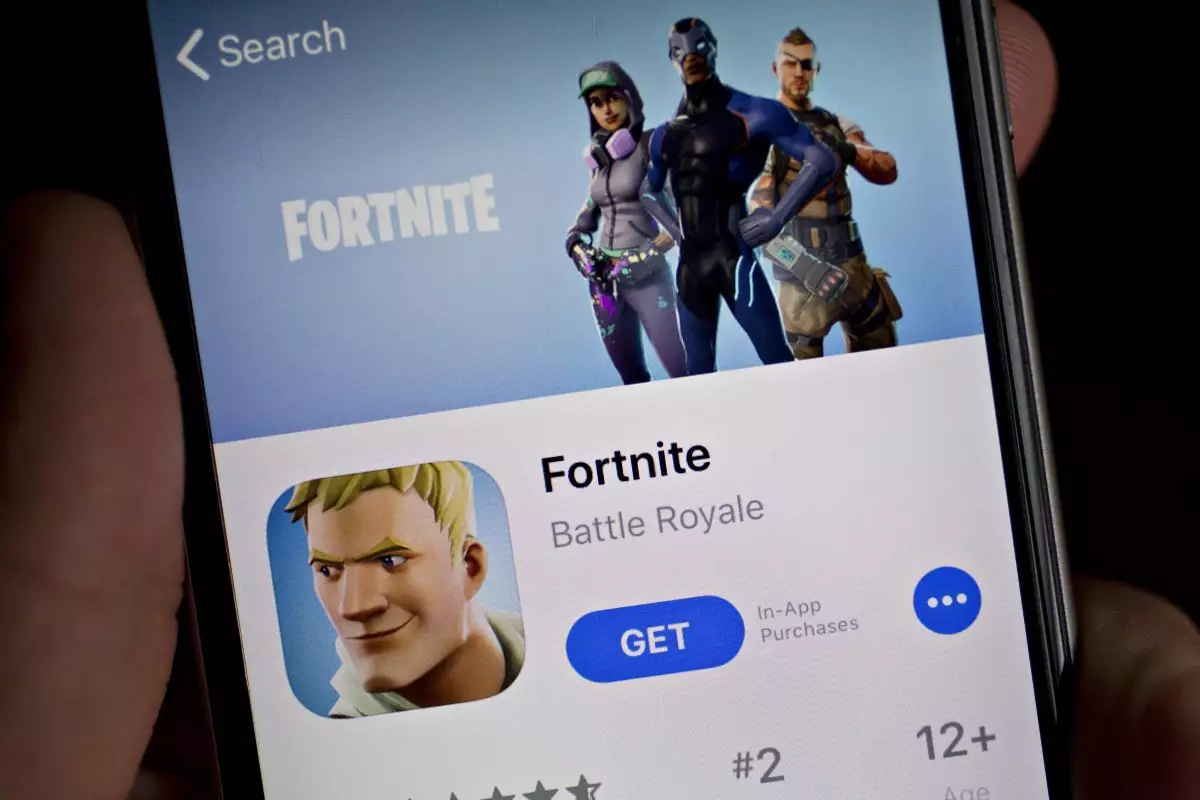In a bold move that underscores the ongoing tensions between gaming companies and tech giants, Epic Games has ramped up its legal strategies to compel Apple to allow its wildly popular game, Fortnite, back onto the App Store. This latest filing argues that Apple should accept any version of Fortnite that meets the necessary compliance standards. The implications of this standoff extend far beyond just one game; they touch upon the very heart of app store governance and the rights of developers within such ecosystems.
The heart of the dispute lies in Apple’s stringent App Store policies, especially its hefty commissions on in-app purchases—a model many argue stifles innovation and variety in the market. For years, developers have felt squeezed by Apple’s rigid rules, which often leave them with little choice but to accept terms that disproportionately benefit the tech giant. Epic’s persistent battle exemplifies the collective frustration of developers fighting for fair treatment and the ability to operate competitively, with full agency over their products and monetization strategies.
The Recent Legal Developments and Implications
Epic’s saga reached a pivotal moment last month when Judge Yvonne Gonzalez Rogers ruled that Apple was willfully violating antitrust injunctions concerning its pricing model. This ruling not only legitimizes Epic’s claims but also sets a potential legal precedent that could allow other developers to challenge Apple’s policies more aggressively. The judge’s decision has been interpreted as a green light for Fortnite’s return, which many in the industry see as crucial for fostering a more dynamic app landscape.
However, Apple is not going down without a fight; the company has announced its intention to appeal this ruling. This move has raised eyebrows and intensified scrutiny regarding Apple’s business practices. By blocking Fortnite both in the U.S. and Europe, Apple has positioned itself as a gatekeeper who decides which content can be accessed by users—a role that many critics contend undermines the notion of an open platform.
Framing the Narrative: The Role of Communication
Interestingly, the narrative around this issue is just as important as the legal ramifications. Epic has publicly framed the situation in stark terms, suggesting that Apple’s actions amount to an unethical blocking of its flagship game. Apple, on the other hand, disputes this narrative, claiming that it merely sought to ensure that Fortnite could remain accessible in other markets, separate from U.S. policies. This tussling over narratives reveals much about the nature of public perception in the world of tech—a highly influential aspect that can sway consumer opinion and potentially affect legal outcomes.
As this legal battle continues, it serves as a defining moment in the broader discourse surrounding corporate monopolies and their impact on innovation and consumer choice. The outcome of this case could either fortify Apple’s market control or ignite a movement towards more equitable practices. It is increasingly clear that Epic is not just fighting for Fortnite but advocating for numerous developers who are equally frustrated by the constraints imposed by dominant market players like Apple.
The stakes are high, and as the legal spat unfolds, it remains to be seen whether this battle will mark the beginning of a more leveled playing field for developers in the app economy or reinforce existing power dynamics.

